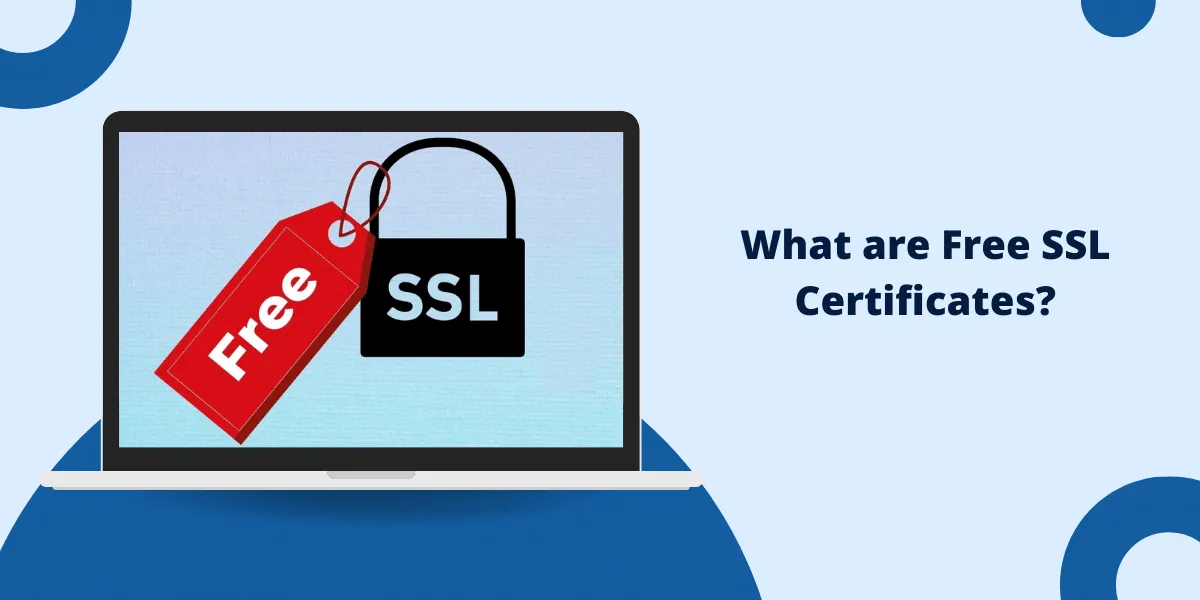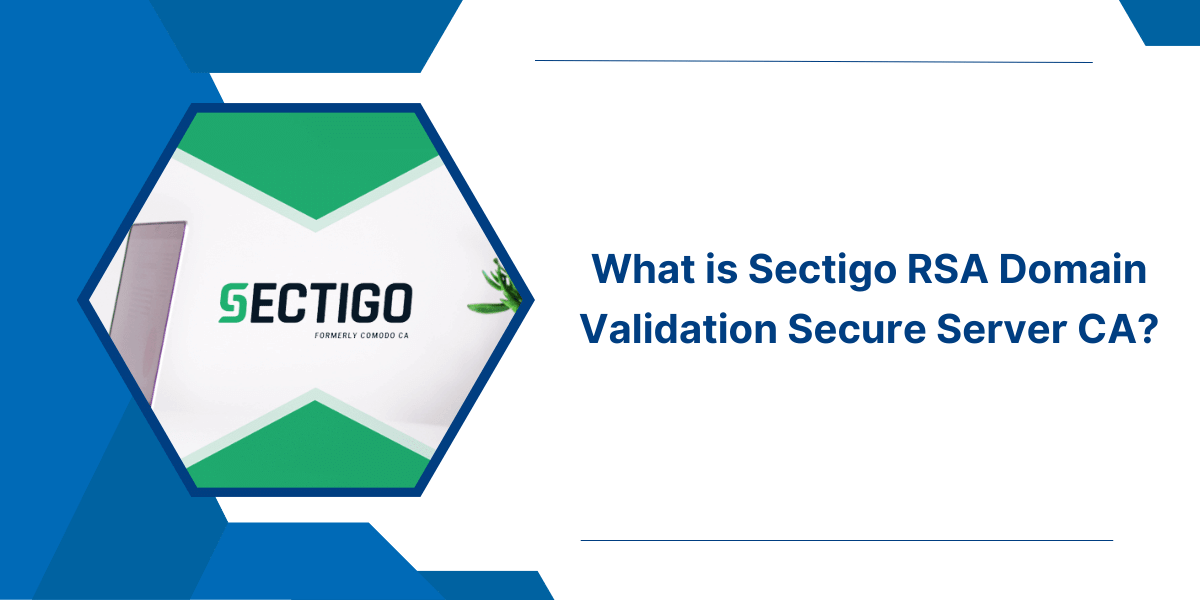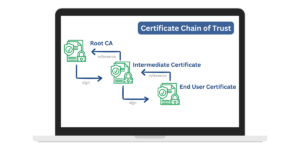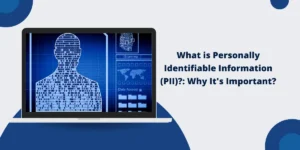What Does Free SSL Certificate Means?
SSL (Secure Sockets Layer) certificates are small data files that digitally bind a cryptographic key to an organization’s details. When installed on a web server, it activates the padlock and the https protocol and allows secure connections from a web server to a browser. Typically, SSL certificates are issued by a Certificate Authority (CA) and come at a cost. However, there are some Certificate Authorities that provide basic SSL certificates for free.
Why are SSL Certificates Important?
Here are some of the main reasons why SSL certificates are important for websites:
- Encryption: SSL certificates use encryption to scramble data into an unreadable form as it travels between the web server and browser. This prevents hackers from reading or modifying data during transmission.
- Trust and Legitimacy: The green padlock and https URL seen in browsers reassure visitors that a website can be trusted. It signifies that the website has been verified by the CA. This helps build credibility and increase conversions.
- Data Protection: The encryption provided by SSL protects sensitive data submitted through forms, logins, and shopping carts. This includes credit card numbers, passwords, account details etc.
- Compliance: SSL certificates help websites comply with industry standards like PCI DSS, HIPAA etc. that require the encryption of sensitive data during transmission.
- SEO Rankings: Google uses HTTPS as a signal to rank secure websites higher in search results. Having an SSL certificate can help improve search engine rankings.
What are some Popular Providers of Free SSL Certificates?
Some of the popular Certificate Authorities providing basic SSL certificates for free include:
- Let’s Encrypt
- ZeroSSL
- Cloudflare
- Buypass Go
Let’s Encrypt
Let’s Encrypt is a non-profit organization that provides free 90-day SSL certificates via an automated process. It has partnered with many hosting providers and has issued over 200 million certificates since its launch in 2015.
ZeroSSL
ZeroSSL issues free basic SSL certificates with validity of 90 days. They offer browser-trusted certificates and auto-renewal. Many hosting providers integrate ZeroSSL’s API to provide free SSL to their customers.
Cloudflare
Cloudflare’s free Universal SSL secures websites and provides free SSL protection for sites using Cloudflare’s content delivery network and security services.
Buypass Go
Buypass Go offers free 90-day SSL certificates. It is relatively new and partners with hosting/infrastructure providers to issue these certificates.
What are the Limitations of Free SSL Certificates?
While free SSL certificates allow websites to activate HTTPS and the padlock icon, they do come with some limitations:
- Basic Validation Only: Free SSL cert only include basic domain validation. No extended validation or organization validation is done. This means less credibility.
- Short Validity Periods: Most free SSLs need to be manually renewed every 90 days. This can be tedious compared to 1–2-year validity for paid SSL.
- Limited Features: Free SSL certs tend to miss out on some features like unlimited server licenses, wildcard certificates, dedicated customer support etc.
- Browser Warnings: Some browsers may show warnings for free SSL certificate as CAs focus their authentication efforts on paid customers.
- No Trust Logos: Paid SSL certificates often include trust logos that can be displayed on the website to boost visitor confidence. Free SSL certificates don’t include these.
- Manual Integration: Free SSL certificates require manual work to install on the server. Paid options come with support for API integration and automatic installation.
Should You Opt for a Free or Paid SSL Certificate?
While free SSL certificates allow you to activate HTTPS on your website, they may not be suitable for business-critical websites that handle sensitive data or ecommerce transactions.
Here are some factors to consider when deciding between a free or paid SSL certificate:
- Transactional websites, ecommerce stores, and websites accepting payments should opt for paid SSL certificates like EV SSL for maximum trust and security.
- Websites with sensitive user information including logins, personal data, medical records etc. benefit from extended validation provided by paid SSL certificates.
- Large organizations, well-known brands and government agencies require the legitimacy boost provided by validated organization details in paid certificates.
- Websites looking for maximum compatibility across browsers and devices should choose paid certificates that are universally trusted.
- Websites that value maximum uptime and seamless renewal experience benefit from auto-renewal and installation using APIs in paid SSL.
- Websites planning to use dedicated IP addresses or multiple server licenses require upgraded paid SSL certificates.
Conclusion
Free SSL certificates are beneficial for personal websites, blogs and small business sites looking to activate HTTPS. However, organizations and ecommerce sites handling confidential data should invest in paid SSL certificates for robust authentication and security. When choosing a free SSL provider, check for browser compatibility, ease of use, and any value-added features.
FAQs
Are free SSL certificates safe?
Free SSL certificates use the same 2048-bit or higher encryption that paid SSL certificates rely on. So they do provide a secure connection. However, identity validation is limited compared to paid certificates. Also, some browsers may show warnings which reduces trust.
How can I get a free SSLs?
You can get free SSL certs from providers like Let’s Encrypt, ZeroSSL, Cloudflare etc. The process involves domain validation and configuration changes on the server to install the SSL certificate. Many hosting providers also partner with these CAs to provide hassle-free SSL.
Can I renew free SSL certificates?
Yes, most providers allow unlimited renewals of their free SSL certificate. However, they have a validity of only 90 days, so you need to manually renew them frequently. Paid SSL certificates allow auto-renewal for 1-2 years.
Does free SSL work with CDNs?
Some CDN providers like Cloudflare provide free Universal SSL as part of their services. If using a third-party CDN, you need to purchase the SSL certificate separately and integrate it with the CDN. A wildcard certificate can secure multiple subdomains on a CDN.
What is Domain Validated (DV) SSL?
DV SSL is the type of free SSL certificate provided by CAs like Let’s Encrypt. It involves basic domain validation to verify that the requester controls the domain name. No organization details are validated. DV certificates offer encryption but limited trust.



